In a PUI (Primarily Undergraduate Institution) it is common for the post award arm of the institution to perform a 100% expenditure review and approval. Yet, increasingly, these individuals are stretched to capacity, attempting to oversee budgets, personnel costs, and ensuring compliance with the Uniform Guidance. Often their roles cross post award responsibilities and involve them in research development and proposal preparation as a one-stop office, crowding their day with multiple diverse activities. To ease this burden, some PUI institutions have implemented the practice of delegating expenditure approvals of low-risk transactions. This approach thus allows post award personnel to focus on monitoring high risk major expenditures such as personnel, equipment, and subawards.
Low risk transactions are normally frequent, small purchases such as:
- basic supplies
- internal stores orders
- standing charges for items purchased on a routine basis
- domestic travel
The decision to move away from a 100% approval process can be stressful for an organization that is risk adverse but, the question should be asked “When was the last time a cost in this category was not approved?” This evaluation is critical as a great deal of effort is consumed by routine handling of low risk expenditures.
Utilizing a grant accounting software system to provide information on these types of costs allows for the capability of reviewing costs on a regular basis while not “approving” each transaction prior to being processed.
Delegating Expenditure Approvals
Approval of institutional funded supplies, communication expenses, and domestic travel are commonly delegated to the departmental level, usually approved by the Department Chair or Director acting as the designated authority. Except in the case of special sponsor restrictions, institutional and Federal government expenditure rules commonly parallel each other, allowing for consistent handling of these low risk expenditures. A Department Chair is normally a senior faculty member familiar with the projects in their department. Most likely, the institution already requires their approval on financial transactions. The support staff are normally also knowledgeable about institutional expenditure guidelines and can provide guidance to faculty. Consider utilizing these resources as your first line of defense in approving low risk transactions.
Capitalizing on the reporting capabilities of grant accounting software can reduce the daily approval burden while ensuring review for allowability. The steps to creating a method of expediting routine expenditures while still exercising compliance oversight are:
- Identify those cost categories identified as low risk. Be specific in determining specific account codes. For instance, animal purchases might be under the broader General Supplies category but require additional approvals.
- Utilize a grants accounting system and its reporting capabilities. Select a report that captures all grant expenditures charged to the identified low risk cost categories and the fund/account they were charged to. This allows the institution to use one report for all sponsored projects.
- Schedule the report to “run” for post award review prior to the institution’s month end close. Include all sponsored project numbers that have not been inactivated. This provides sufficient time for review and correcting charges that are inappropriate, incorrect or unallowable to that specific sponsored project.
High Risk Expenditures
Grant Management system reports aren’t limited to only low risk expenditures. They can serve to confirm that higher risk expenditures are being appropriately reviewed and no charges have slipped through the approval process.
Examples of expenditures often monitored and approval confirmed could include:
- Foreign travel
- P-card charges
- Food
- Animal purchases
- Participant costs
- Subject payment
- Cost transfers
- Non-capital equipment
- Other high risk items
Using these reports strengthens the compliance process. The result? More time for post award attention to high risk activities, documented review of compliance, a speedier acquisition process, and happier faculty who are able to perform their research in a timelier, less administratively burdened manner. For more information about compliance, streamlining managerial processes, or grants accounting software, contact our team.


